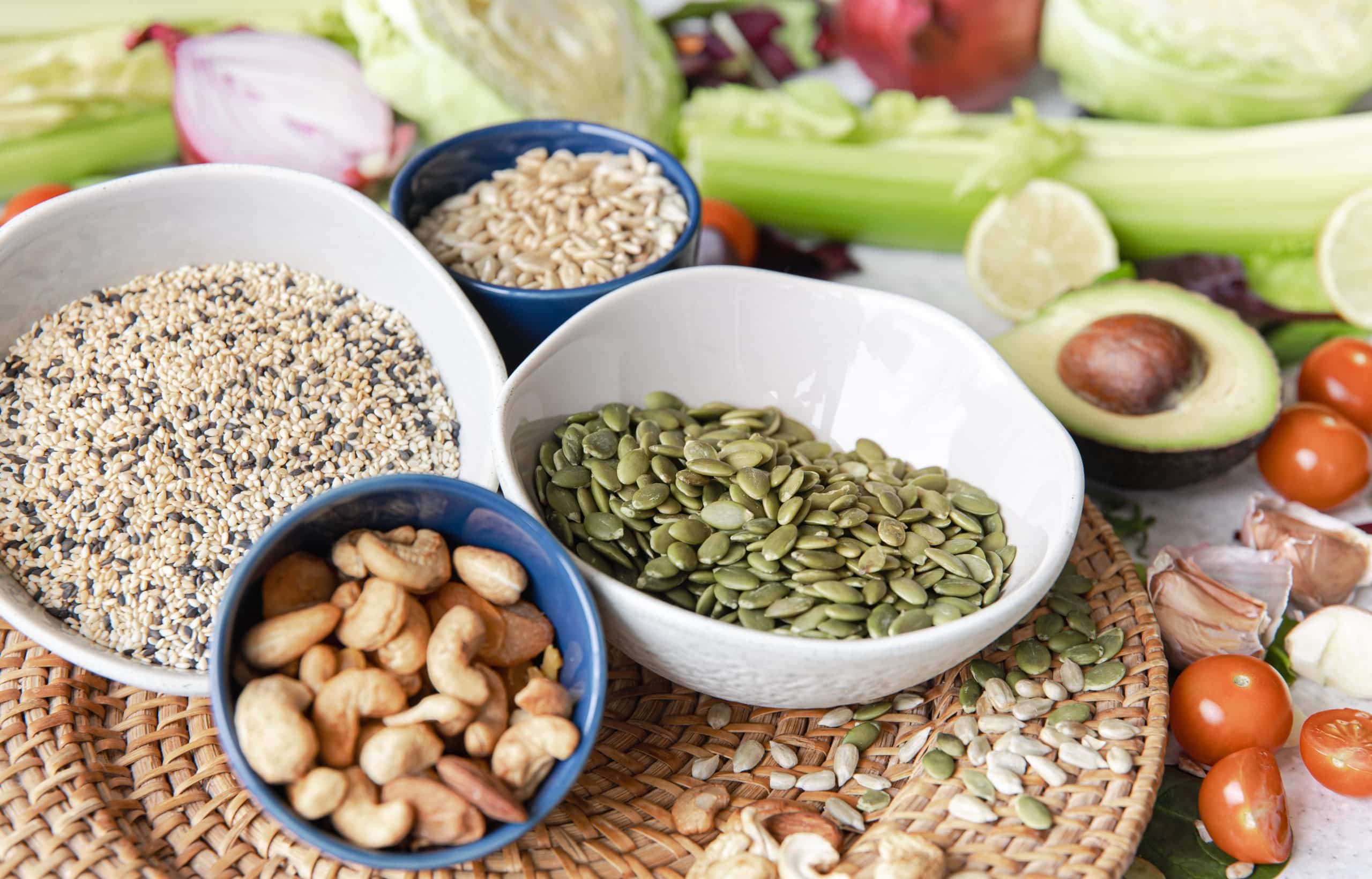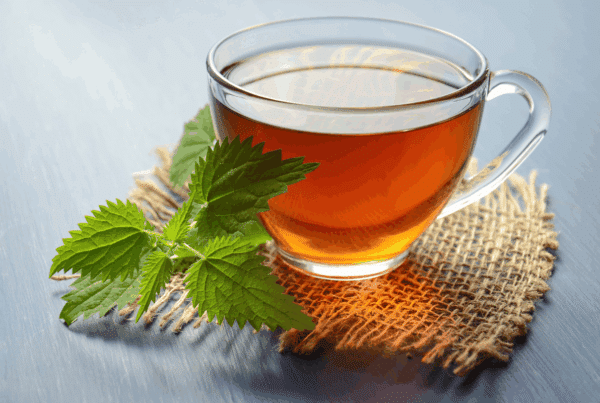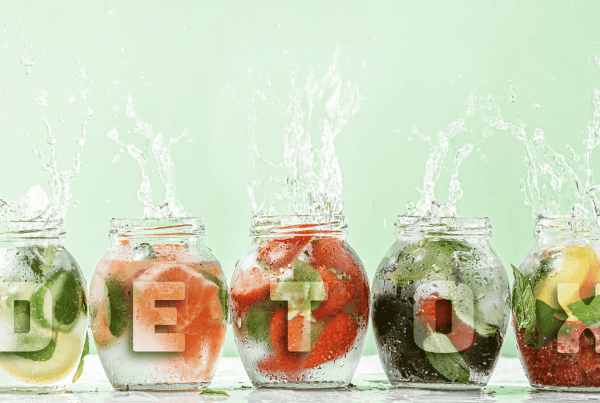Healthy meals are always imperative when it comes to the good health of the entire organism, but snacks are what we often forget and do not plan in advance. In the absence of healthier options, we often reach for a snack that is empty calories, just to satisfy our hunger until the next meal.
Various chips, breadcrumbs or juices contain a high caloric value, while the nutritional value is negligible. When we frequently consume such foods, our metabolism slows down, fat deposits accumulate, and often these empty calories are the main reason why we cannot get rid of extra pounds.
Seeds are true gifts of nature and as such represent a phenomenal alternative to industrial snacks. We can consume them in their original form without any processing as a healthy snack or we can combine them with other foods to add healthy fats and minerals. The measure is more or less simple: eat as much as you can fit in your hand. Below we reveal all the benefits of this superfood.

Definition of Seeds
Seeds are embryonic plants protected by an outer covering. They are often called superfoods because in small quantities they have high nutritional values and a high content of minerals, vitamins and other trace elements necessary for good health. Certain seeds must be soaked (such as chia seeds) or ground (ground flaxseed) in order for the nutrients to be absorbed into the body. By adding them to the diet, we significantly increase the intake of unsaturated vegetable fats, as well as omega fats and fibers, which are necessary for the good function of the digestive tract.
Of course, due to allergies, you should always make a choice that is adapted to you personally.
Types of Seeds and Their Health Benefits
Tickle
Golica is a type of squash that is often grown precisely for its seeds. Golica does not contain bad cholesterol, but is therefore rich in protein, vitamin E and B3 (niacin), healthy omega 3 fats and fiber. There is also a high concentration of minerals: copper, iron, zinc, phosphorus, magnesium... Vitamin E is an excellent antioxidant and fights against the effects of free radicals, while all other elements can prevent diabetes, fatty liver and heart diseases through their joint action.
Flaxseed
Flaxseed has been cultivated and consumed in human nutrition since time immemorial. Flaxseed is a rich source of alpha-linoleic acid, which is an essential Omega 3 fatty acid. It is called essential, because our body does not produce it on its own, but must be consumed through food. Alpha-linoleic acid prevents the deposition of cholesterol in the blood vessels and alleviates the inflammatory processes of the arteries. Flax seeds contain lingans that have antioxidant properties. Due to its high fiber content, flaxseed is a great choice if you have a problem with constipation, and it is also an excellent ally in the fight against excess weight. Flaxseed has a tough outer membrane, making it difficult to digest. It is recommended to use freshly ground flaxseed, one tablespoon as an addition to a smoothie, shake or cup of yogurt.
Tip: always grind a smaller amount of seeds as they lose their nutrients and store them in a glass vacuum jar in the fridge.

Chia seeds
Another superfood on the menu! Chia seeds have gained incredible popularity over the past few years due to their fantastic properties. They are nutritionally very rich: they contain omega 3 healthy fats, calcium, iron, magnesium, phosphorus, zinc, vitamin B1 (thiamine) and B3 (niacin). Chia seeds contain antioxidants and destroy free radicals, which are closely related to the appearance of tumors and aging. Antioxidants found in chia seeds protect the liver and heart, and also lower blood pressure and have an anti-inflammatory effect. Chia seeds are rich in fiber and protein, so they are one of the components of diets. Also, they have great absorbing power and keep you full for a long time. They have a low glycemic index, which means that they do not cause a sudden rise in blood sugar levels, and are suitable for diabetics. Chia seeds can be added to smoothies, yogurts, porridges, salads... One or two spoons are quite enough because too much can cause digestive disorders.
Quinoa
Quinoa cannot be classified as a seed, but it deserves its place among these superfoods. Quinoa is traditionally grown in South America, and it doesn't actually even belong to the cereal family, but belongs to the so-called pseudocereals, like amaranth and buckwheat. Quinoa contains a large amount of protein, fiber and minerals - calcium, magnesium, iron, B complex vitamins. Consuming quinoa can improve bone and heart health as well as the intestinal tract. As with chia seeds, we find a high level of antioxidants in quinoa, and this plant can be used in various ways: as a substitute for rice and pasta, in soups and salads, cakes, puddings... It is an excellent choice for vegetarian and vegan diets, since it contains all the essential amino acids that the body needs.

Sunflower seeds
Sunflower seeds are an interesting and often favorite snack, but they also contain a lot of nutrients, such as fiber, protein, healthy fats, vitamin E and B complex. There are also magnesium, zinc, selenium... Sunflower seeds contain antioxidants, which protect cells from various damages. They can be eaten raw or fried, added to various meals such as salads, cereals, sandwiches, smoothies. If you want to lose weight, make sure you consume them in moderation.
Sesame
Sesame is another one of the seeds that we will include in today's list. Rich in healthy fats, including Omega 3 and Omega 6 acids, sesame also contains other nutrients such as protein, fiber, vitamins and minerals. Sesame seeds are also good to combine with different foods in sweet or savory varieties, while sesame oil is used to improve bone, skin and hair health. Sesame oil is also used as a natural medicine to relieve inflammatory processes in the body.
All these seeds (and quinoa) are a real treasure in a small way: full of healthy and useful ingredients, tasty AND very easy to combine in the kitchen. Of course, just as you shouldn't overdo it in anything, so also in the case of healthy snacks - we have to know when enough is enough.
Even small amounts have an incredible effect on the overall health of the organism, therefore we suggest that you design your snacks so that they are nutritionally useful and equally pleasant for the palate. In addition to the many healthy treats, snacks and drinks that Healthy Jungle offers, we can confidently confirm that a healthier option - there really is! 🙂









